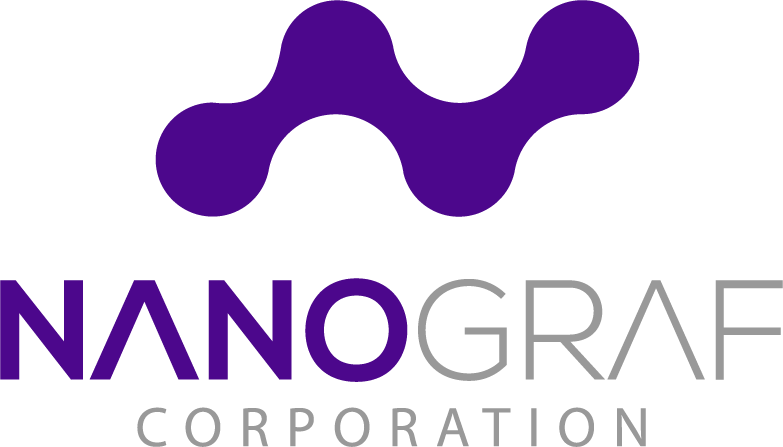Leaders in Cleantech Podcast
More energy dense, faster charging batteries. Batteries, or any energy storage of all natures, are so critical to the ongoing energy and mobility transitions. One of the areas that doesn’t get much thought, but is so critical, is material science, the materials which enable bigger, better, faster, more efficient batteries. This week I speak to Francis Wang, CEO of Nanograf. From PhD to entrepreneur and CEO, he has a great story to tell, and some superb insights into both the startup entrepreneurial journey, and the whole battery industry. I hope you enjoy the episode.
About Francis Wang:
Francis serves as the Chief Executive Officer for NanoGraf Technologies, a leading advanced materials company in the energy storage space. He brings over 20 years of experience in technology innovation and commercialization in the energy storage and clean energy spaces. Prior to NanoGraf Technologies, Francis was a founder and Director of Energy Storage Center at the National Institute of Clean Energy in Beijing, China from 2010-2015. Francis’s experience in energy storage spans a range of magnitudes from very small (uW-mW) forms of storage for portable electronics and medical applications to very large (kW-MW) for transportation and the grid. He has held positions in some of the world’s largest battery, consumer products and energy companies, including Duracell, Proctor & Gamble, Gillette, Boston Scientific and the Shenhua Group. Francis received his Ph.D. in 1998 from the Department of Chemistry at the State University of New York at Stony Brook. He is the author of over 45 US and International patents, over 20 scientific publications and a recipient of the National Thousand Talents award in Energy Storage.
About Nanograph:
NanoGraf is an advanced battery material start-up and spinout of Northwestern University and Argonne National Laboratory whose novel silicon-graphene anode battery material enables a quantum leap in lithium-ion battery energy and power density. NanoGraf’s patented battery material enables longer-lasting, higher-energy, and higher-power, lithium-ion batteries for electronics ranging from consumer electronics to electric vehicles to grid-scale energy storage.
